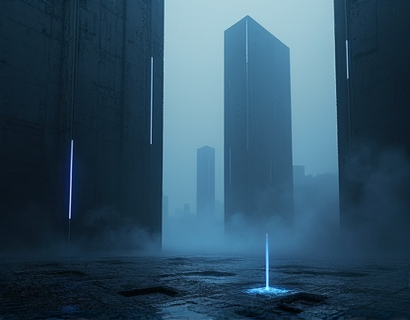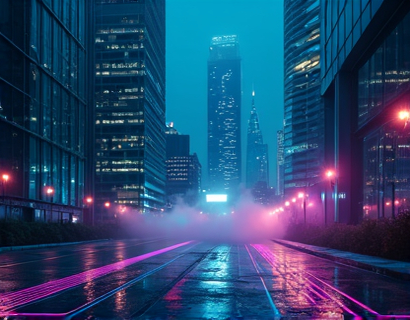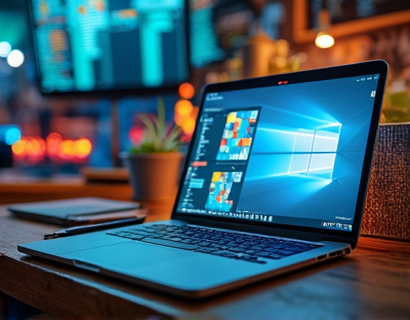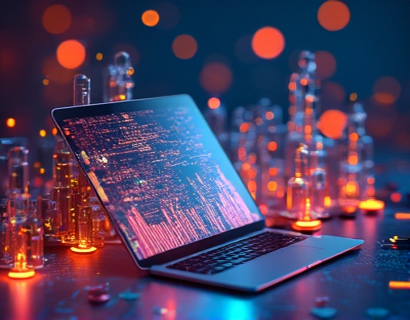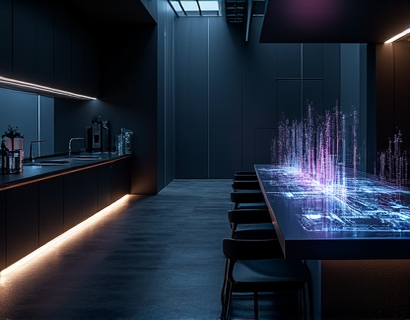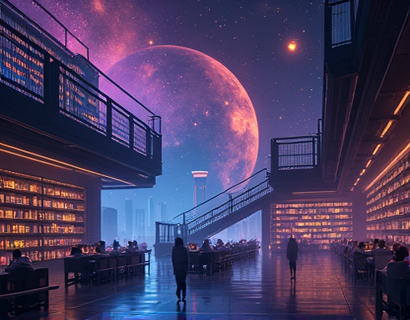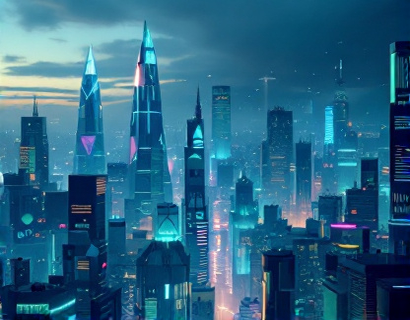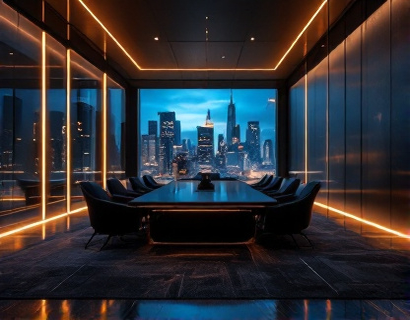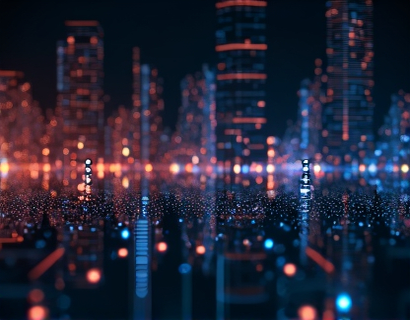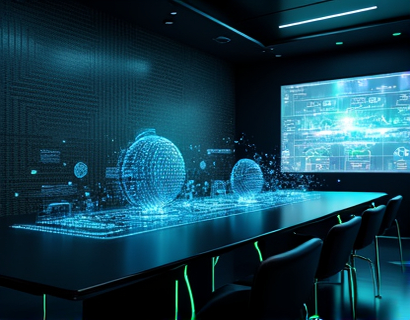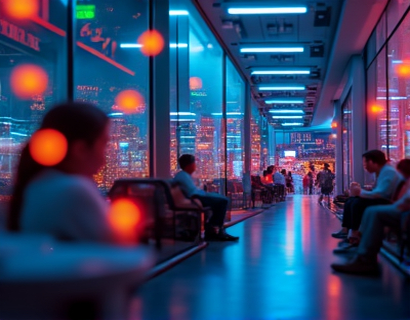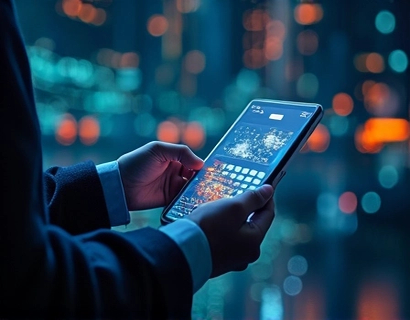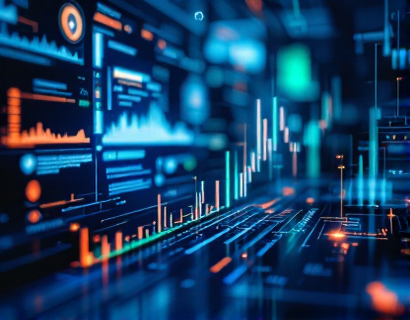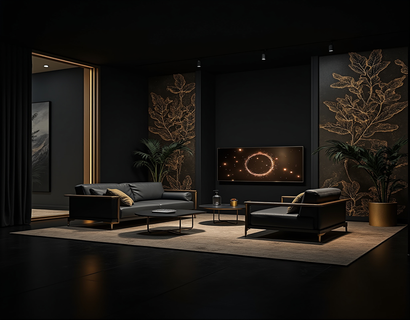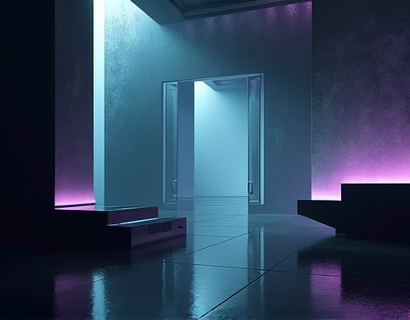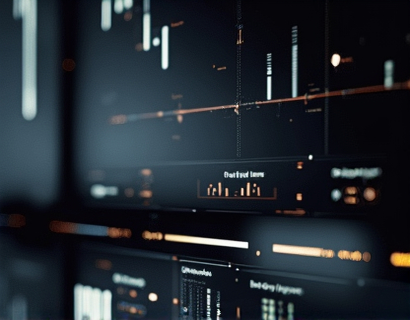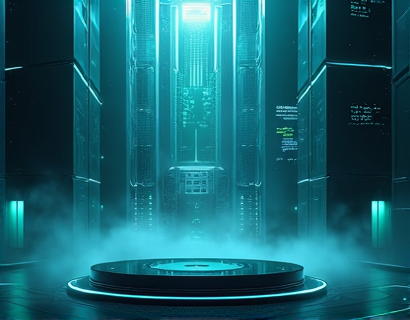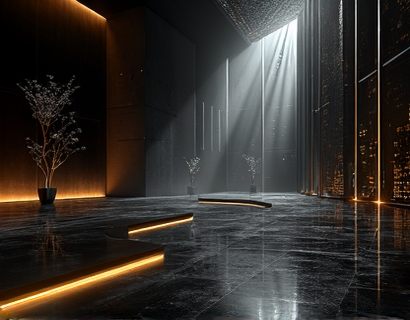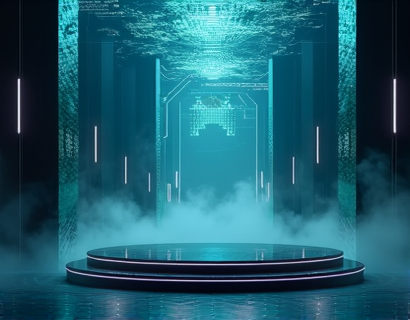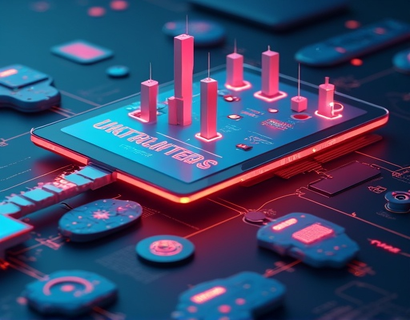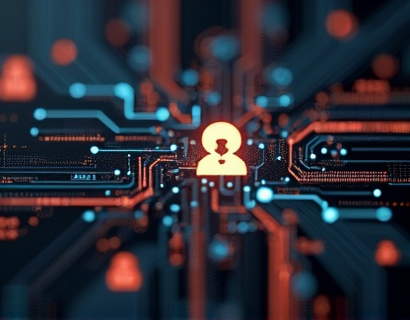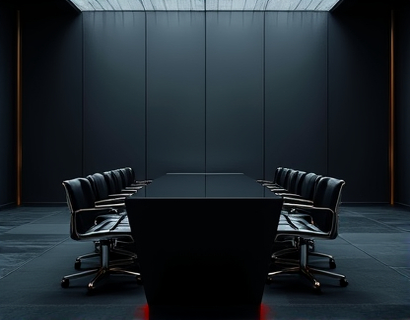Unlocking Creativity: Mastering Advanced Digital Creature Design
In the realm of digital art and design, the ability to create and customize unique creatures has become an essential skill for artists, game developers, and digital enthusiasts. The integration of advanced technology and comprehensive asset libraries has revolutionized the way creatives approach this task. This article delves into the intricacies of mastering digital creature design, focusing on the tools and techniques that can elevate your creative process.
The foundation of creating compelling digital creatures lies in the asset library. A robust and diverse asset library is crucial as it provides the building blocks for your designs. These assets include 3D models, textures, animations, and other elements that can be combined and customized to create unique creatures. The quality and variety of these assets directly impact the creativity and realism of the final product.
Comprehensive Asset Libraries
A comprehensive asset library is not just a collection of files; it is a curated resource that caters to the needs of various projects. High-quality assets should be detailed, well-textured, and versatile, allowing for extensive customization. For instance, a library that offers a wide range of animal parts, from heads and limbs to fur and scales, enables designers to mix and match elements to create hybrid creatures that are both imaginative and coherent.
Moreover, the asset library should include a variety of environments and backgrounds. These can serve as the setting for your creatures, adding depth and context to your designs. Textures for different surfaces, such as grass, stone, and water, enhance the realism of the scenes you create. Lighting assets and atmospheric effects further enrich the visual experience, making your creatures stand out.
Advanced Design Tools
Beyond the asset library, the tools used for designing digital creatures play a pivotal role in the creative process. Advanced software and online platforms offer a range of features that streamline the design workflow. These tools should be intuitive, allowing users to focus on creativity rather than getting bogged down by complex interfaces.
One key feature is the ability to manipulate 3D models with ease. Tools that support real-time editing, such as sculpting, extrusion, and morphing, enable designers to refine their creations dynamically. These tools should also support UV unwrapping and texturing, ensuring that the final models are ready for rendering and use in various media.
Animation capabilities are another critical aspect. The ability to create smooth and natural movements is essential for bringing creatures to life. Tools that offer keyframe animation, motion capture integration, and physics-based simulations provide the flexibility needed to craft believable and engaging animations.
User-Friendly Interfaces
A user-friendly interface is paramount for an effective design tool. The interface should be clean and organized, with clear navigation and accessible features. This reduces the learning curve and allows users to focus on the creative aspects of their work. Intuitive controls and context-sensitive help guides can further enhance the user experience, making the tool suitable for both beginners and experienced designers.
Customization options within the interface are also important. Users should be able to tailor the workspace to their preferences, adjusting panel layouts, shortcuts, and other settings to optimize their workflow. This personalization ensures that the tool adapts to the individual, rather than the other way around.
Collaboration and Community
The digital creative community plays a significant role in fostering innovation and growth. Platforms that offer collaboration features allow designers to share their work, receive feedback, and learn from others. This community aspect can be a powerful driver of creativity, as it exposes users to diverse perspectives and techniques.
Forums, chat rooms, and project showcases within the platform can facilitate connections between creatives. These features enable users to form partnerships, collaborate on projects, and even mentor newcomers. A vibrant community not only enhances the learning experience but also provides a support network for ongoing projects and ideas.
Sharing and Showcasing Work
Once a digital creature is designed, the ability to share and showcase it is crucial for gaining recognition and feedback. A robust platform should offer various ways to export and share creations, including high-quality images, 3D models, and animated clips. These exports should be optimized for different formats and resolutions, ensuring that the work looks great across various platforms.
Online galleries and portfolios within the platform provide a dedicated space for users to display their creations. These galleries can be curated based on themes, styles, or project types, making it easier for others to discover and appreciate the work. Sharing options that integrate with social media and other creative platforms further expand the reach of your creations.
Continuous Learning and Improvement
Mastering digital creature design is an ongoing process that requires continuous learning and improvement. Platforms that offer educational resources, such as tutorials, webinars, and detailed guides, can significantly aid in this journey. These resources should cover a range of topics, from fundamental techniques to advanced topics like procedural generation and AI-assisted design.
Regular updates to the asset library and software features ensure that users have access to the latest tools and assets. This commitment to improvement keeps the platform relevant and valuable, encouraging users to return and explore new possibilities.
Conclusion
Unlocking creativity in digital creature design involves a combination of a comprehensive asset library, advanced design tools, a user-friendly interface, and a supportive community. By leveraging these elements, artists, game developers, and digital enthusiasts can transform their imaginative ideas into captivating realities. Embracing these tools and resources not only enhances the creative process but also opens up new avenues for innovation and expression.



